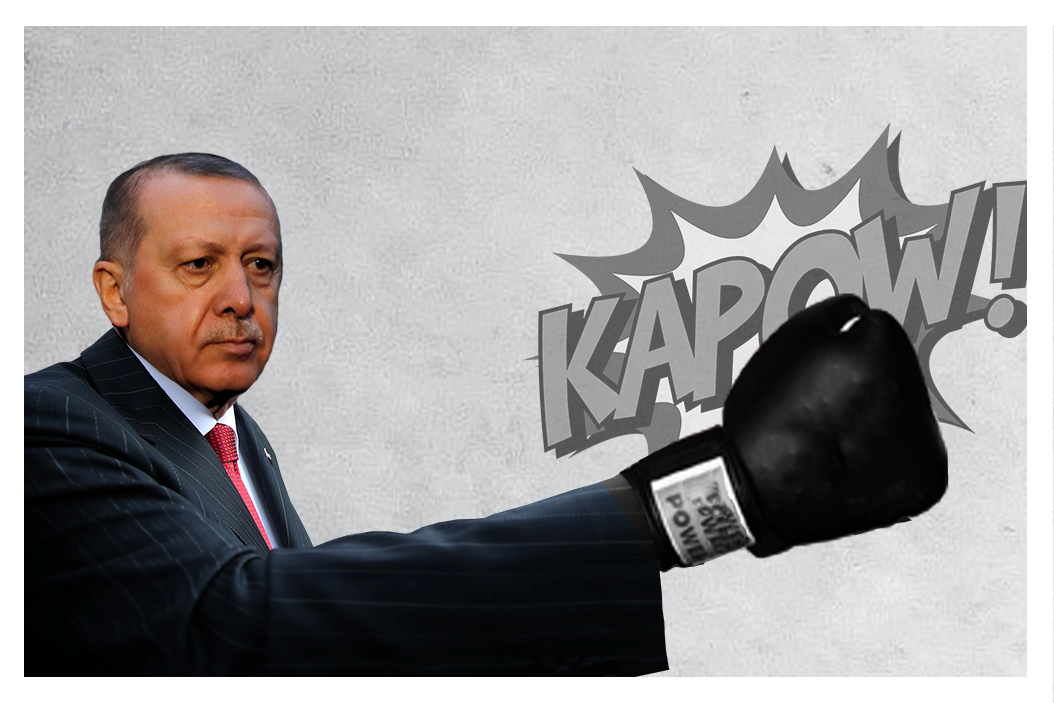October 24, 2021
Turkey's Erdogan ups the ante with the West: Turkey's President Recep Tayyip Erdogan has declared a group of diplomats "persona non-grata" after a group of 10 Western countries including the US, France, and Germany called on Ankara to release Osman Kavala, a Parisian-born Turkish businessman who's been held in jail since 2017 but hasn't been charged with a crime. Erdogan says that Kavala was involved in an attempted coup against the government in 2016. This latest move is a sign of Turkey's authoritarian drift in recent years, which has seen Erdogan's government increasingly crackdown on opposition members as well as journalists. It also reflects Turkey's increasingly fraught relations with the West: things got particularly bad between Washington and Ankara after Turkey purchased missile defense systems from the Russians in 2019. The Council of Europe (Europe's leading human rights organization) had previously warned that Ankara has until November to release Kavala or it would impose "infringements," though it's unclear what those would be.
An earlier version of this article stated incorrectly that the Council of Europe was the EU's largest human rights organization. We apologize for then error.
More For You
- YouTube
In his latest Quick Take, Ian Bremmer explains a major shift in the Ukraine war: Europe, not the United States, is now driving the strategy.
Most Popular
- YouTube
In 2025, GZERO’s Global Stage coverage highlighted a recurring theme: artificial intelligence is transforming every corner of the globe.
- YouTube
It's one of the few sources Americans across the political spectrum still rely on.
Then-US President George W. Bush waves as he stands with then-People's Republic of China President Jiang Zemin after the two gave statements to the press following their meeting at Bush's ranch in Crawford, Texas, on October 25, 2002.
At the start of the 21st century, Destiny’s Child was atop the US charts, “Google” was a little known search website with a weird name, and two things happened that would shape the world we live in today.
© 2025 GZERO Media. All Rights Reserved | A Eurasia Group media company.
